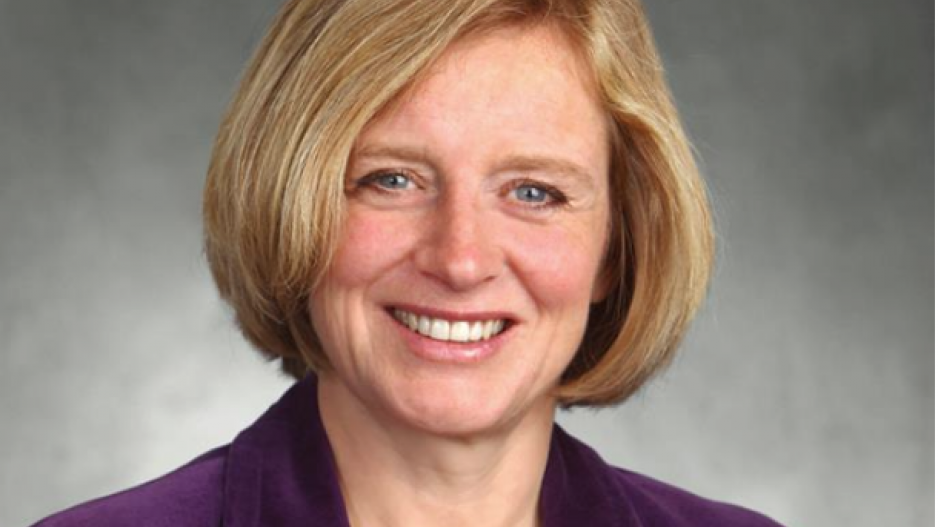They’re calling it the orange crush.
Alberta NDP leader Rachel Notley handily defeated Progressive Conservative Jim Prentice on May 5. Her party won the majority of seats in the province’s legislature, ending a 44-year political dynasty.
Some in British Columbia are ecstatic about the win. Others are cautioning that the upset could have grave implications for both Alberta’s and B.C.’s economies.
“We’re just elated, to be honest with you,” said Art Sterritt, director of Coastal First Nations. The group has been fighting Enbridge’s proposed Northern Gateway pipeline project, which would carry bitumen from Alberta’s oil sands across northern B.C. and terminate in Kitimat.
Notley has said she will not push for Northern Gateway project or the proposed Keystone XL pipeline, but will focus on Kinder Morgan’s plan to twin its existing Trans Mountain pipeline and the proposed Energy East pipeline.
“The importance of that [stance] is that we don’t have an Alberta premier coming out here and trying to get our premier off the fence in terms of supporting Northern Gateway,” Sterritt said.
“That’s a big deal, because there was a lot of that going on.”
Greg D’Avignon, president and CEO of the Business Council of British Columbia, is concerned that Notley’s promise to raise corporate income tax as well as taxes on high income earners will dampen Alberta’s already-shaky economy.
"Companies, when they make investment decisions, look at a myriad of things and corporate tax is one of them,” he said.
“When you’re bringing in top talent and their job is to create wealth, [higher income taxes] can be a headwind against attracting that talent.”
Of special concern to D’Avignon is the impact this big change will have on provincial government initiatives. Many of the MLAs elected are new to the job and have never held office before.
“That learning on the job could lead to mistakes and delays and that could be a consequence for Alberta and B.C.,” D’Avignon warned.
As well as planning to hike taxes, Notley has promised to review the province’s royalty structure for the oil and gas industry.
“When you then start layering on a royalty review and other issues, that creates uncertainty and starts to have capital hesitation around whether that should be spent in the province,” D’Avignon said.
Many observers are scratching their heads over how such a stalwartly conservative province could have leaned left so suddenly. David Moscrop, a PhD candidate in political science at the University of British Columbia, said the combination of a united left running against a divided right was a key factor.
The socially conservative Wildrose Party won more seats that the PC party, making them the official opposition. Meanwhile, the NDP faced no serious competitors on the left.
“Where did all these lefties come from? Well, they were always there,” Moscrop said, noting that around 45% of Alberta’s electorate usually votes either NDP or Liberal.
Moscrop doesn’t believe the outcome in Alberta will have a big impact on the upcoming federal election, but it will “light a bit of a fire” under the federal NDP as they ramp up campaigning, he said.
As for the economic impact, the Alberta NDP is still a “pipeline party,” Moscrop said.
“I don’t think you’re going to get a revolution. You’re going to get some new ideas,” he said.
@jenstden




